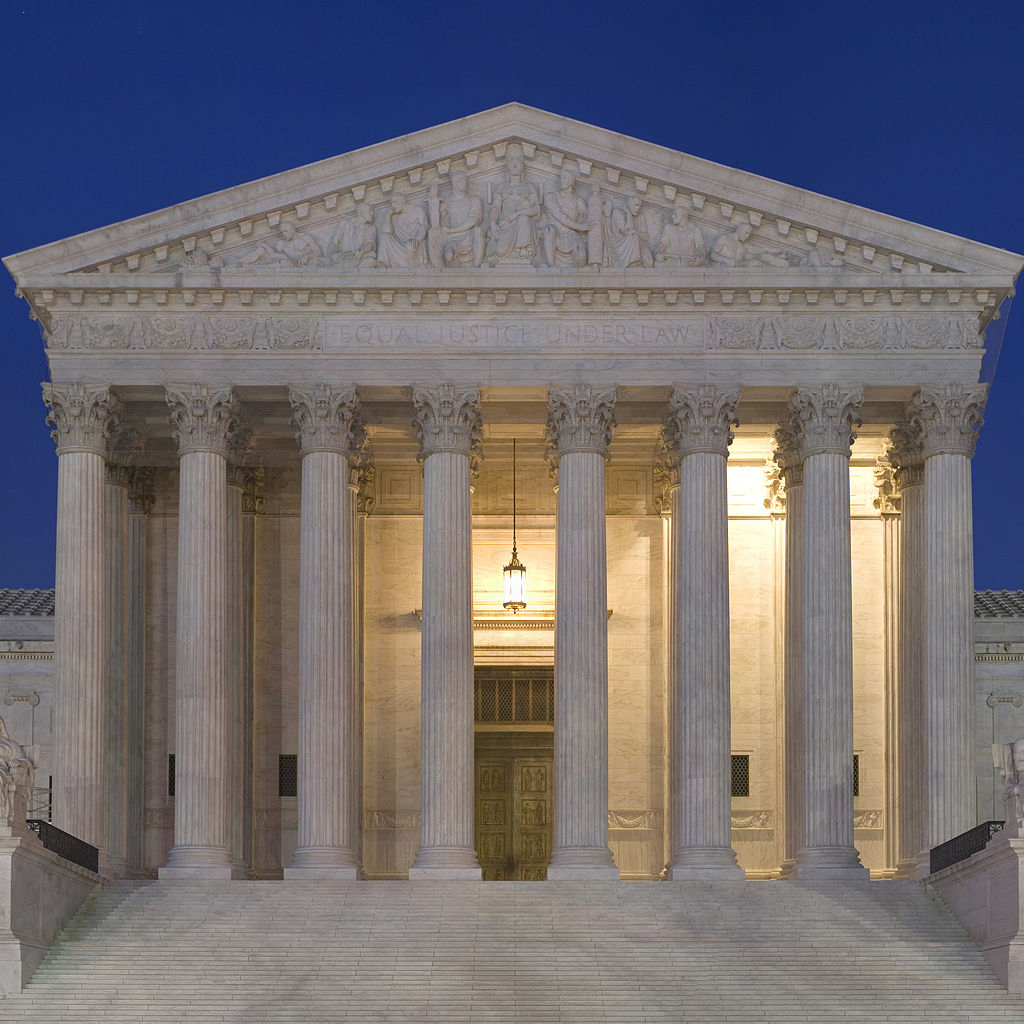Abortion rights, women of color, and LGBTQI+ people are under attack. Pledge to join us in fighting for gender justice.
The Supreme Court and Arbitration: What Recent Decisions Mean for Workers

The Supreme Court recently issued two decisions addressing arbitration with significant impacts on workers. Arbitration is a form of alternative dispute resolution, where private individuals are hired to resolve disputes between parties outside the courtroom. Employers across industries are increasingly requiring workers, as a condition of employment, to give up their day in court and resolve workplace disputes in arbitration, where the odds are often stacked against employees.
In a rare victory for workers, in New Prime Inc. v. Oliveira, the Court held that independent contractors in the transportation industry may not be subject to forced arbitration. Writing for a unanimous court, Justice Gorsuch relied on statutory interpretation to hold that independent contractors met one of the exceptions of the Federal Arbitration Act.
Schein: Closing off workers’ access to courts
The New Prime decision deviates from the trend of the Supreme Court decisions favoring arbitration and further closing off workers’ access to courts. Just last week, Justice Kavanaugh issued his first Supreme Court opinion in a case on arbitration.
In Henry Schein, Inc., et al. v. Archer & White Sales, Inc., the Supreme Court considered who should make the determination of whether a dispute is subject to arbitration (known as “arbitrability”), where the parties to a dispute have an arbitration agreement. Is it the arbitrator, or a court? Writing for a unanimous court, Justice Kavanaugh held that arbitrators, not judges, must not only resolve the merits of a dispute, but also decide whether a dispute is subject to arbitration when the parties contracted to have arbitrators decide that issue. The Court held that courts cannot override the terms of the parties’ contract, even if the arguments for arbitration are completely baseless or “wholly groundless.” The Court found that this “wholly groundless” exception was inconsistent with the Federal Arbitration Act.
By allowing arbitrators, not judges, to decide arbitrability and by disallowing courts from overriding wholly groundless arbitrability claims, the Schein decision moves power away from the courts and toward private arbitration proceedings regulated by contracts. Unfortunately, in the employment context, many workers, particularly in low-wage jobs, are frequently unaware of the terms of the contract and the arbitration clause.
Forced arbitration is harmful for workers
Arbitration, a process largely controlled by employers, inherently puts employees at a disadvantage. Today, nearly 54 percent of employers require arbitration contracts. Employers often slip mandatory arbitration clauses into take-it-or-leave-it employment agreements. Employees then sign these agreements without realizing their implications, and that they have “consented” to arbitrate any employment disputes. Many workers cannot afford legal representation. When it comes time to resolve disputes, they are forced to use arbitrators often selected and paid by employers, in a process hidden from public view, whose resolution is confidential.
It is important that employees can take legal action against their employers for illegal employment practices, including harassment and discrimination, in a public forum like a court – and not behind closed doors in front of an arbitrator paid by the employer. Public allegations empower other workers to come forward and help ensure that employers can be held accountable for their actions.
As media reports over the last year have revealed, arbitration has helped hide the true extent of sexual harassment at many companies, and has helped shield serial harassers from accountability, sometimes for years.
It is further important that employees who have suffered the same abuses at a workplace can come together as a group and not be forced to resolve disputes in individual proceedings. But in May 2018, the Supreme Court held, by a vote of 5-4, in three consolidated cases, Epic Systems Corp v. Lewis, Ernst & Young LLP v. Morris, and NLRB v. Murphy Oil, that employers can force employees to sign mandatory arbitration agreements as a condition of employment that forbid class or collective action and instead require individual arbitration. NWLC was amongst over 30 civil rights groups to sign onto an amicus brief submitted by the NAACP Legal Defense Fund in support of workers’ rights in these consolidated cases.
Being able to take collective action as a class reduces the barriers to seeking justice and decreases the likelihood of disparate results. Workers are less likely to face retaliation, are better able to find legal representation and share information and resources, gain strength from each other’s experiences, and obtain a uniform resolution that will benefit many workers.
Limiting forced arbitration through corporate policies and legislation
Some companies, including Google and Facebook, have stopped requiring forced arbitration — but only for sexual harassment and assault claims, not for other kinds of employment disputes. To redress the power imbalance between employers and employees, Congress and many states have introduced legislation to limit mandatory arbitration. For instance, the Arbitration Fairness Act, introduced in the last Congress, would render predispute arbitration agreements unenforceable if they required arbitration for employment disputes, consumer disputes, such as credit card agreement disputes, civil rights disputes, and antitrust disputes. Employees would importantly have the choice to pursue their disputes in court or in arbitration under this act.
In addition, the Restoring Justice for Workers Act, also introduced in the last Congress, would amend the National Labor Relations Act to prohibit arbitration agreements that forbid class or collective action. Finally, several states, including New York and Maryland, have passed legislation to limit forced arbitration of sexual harassment claims.
No one who wants to challenge their employer’s illegal employment practices should be forced to give up their day in court and proceed behind closed doors in a secretive setting.





